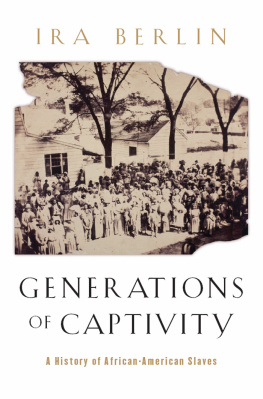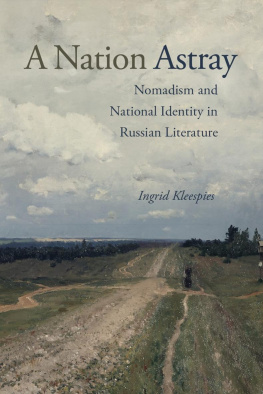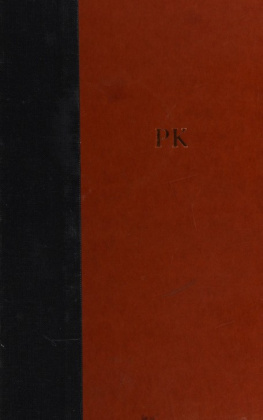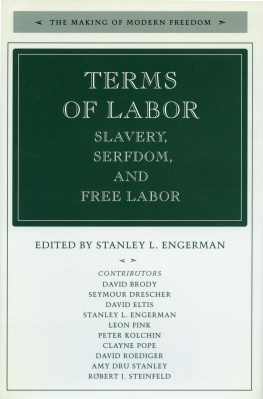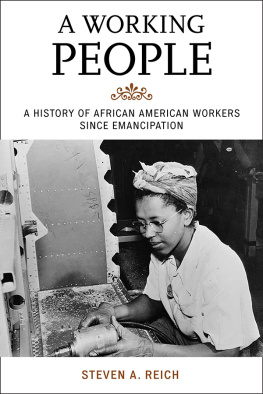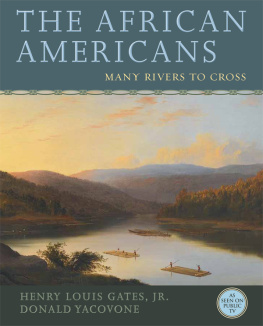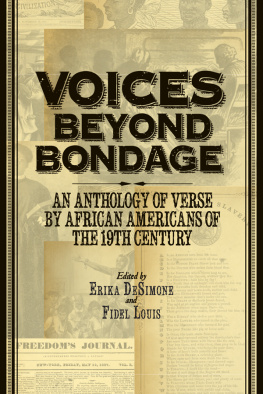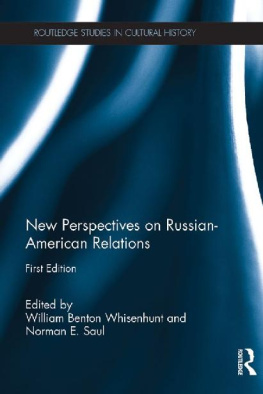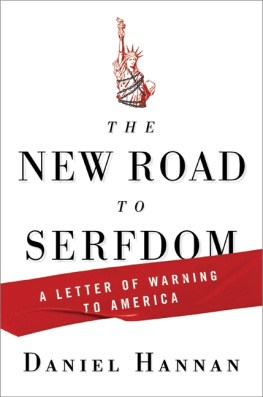Contents
Guide
Pagebreaks of the print version
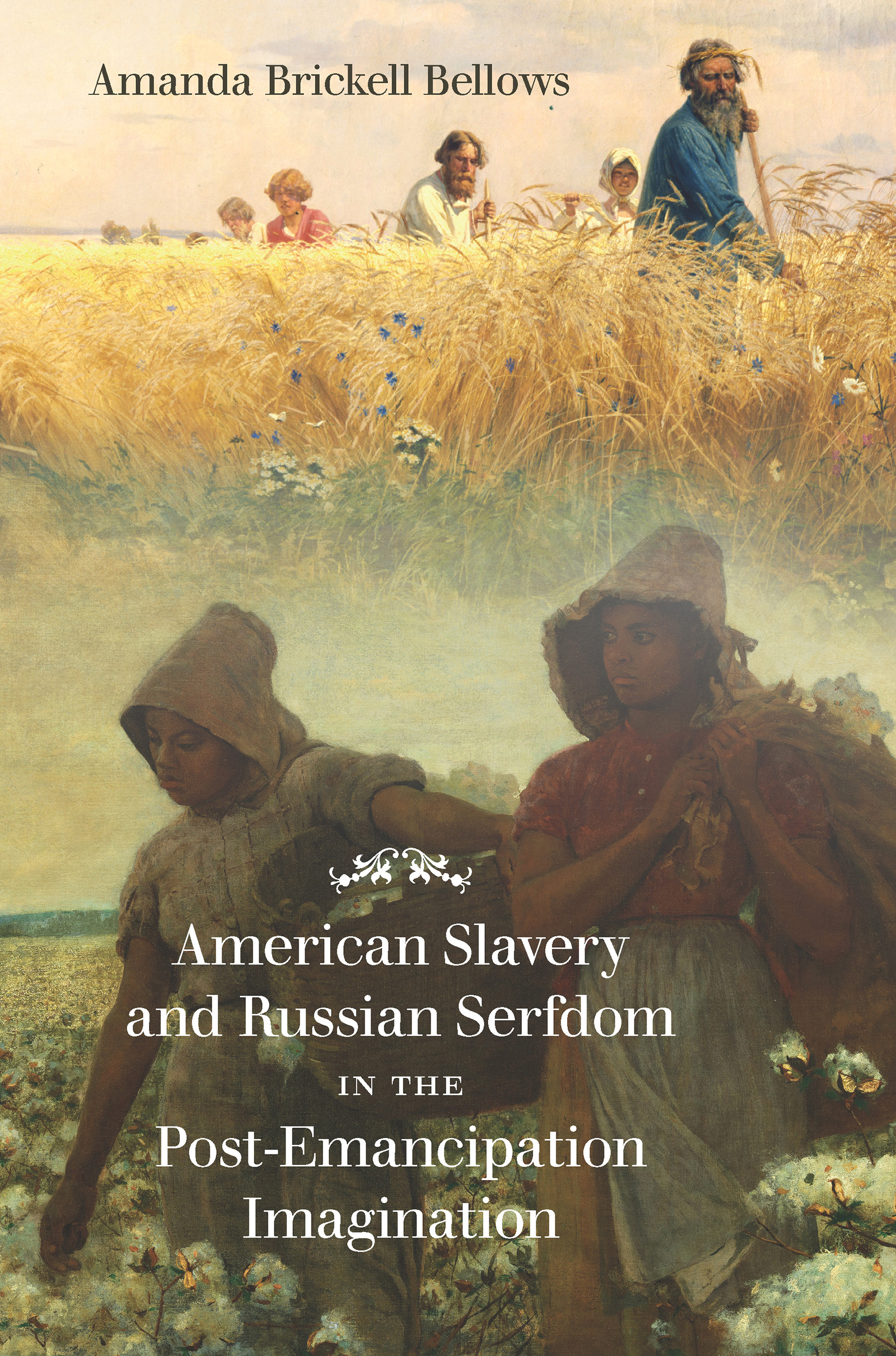
American Slavery and Russian Serfdom in the Post-Emancipation Imagination
AMANDA BRICKELL BELLOWS
American Slavery and Russian Serfdom in the Post-Emancipation Imagination
The University of North Carolina Press Chapel Hill
This book was published with the assistance of the Authors Fund of the University of North Carolina Press.
2020 The University of North Carolina Press
All rights reserved
Set in Arno by Westchester Publishing Services
Manufactured in the United States of America
The University of North Carolina Press has been a member of the Green Press Initiative since 2003.
Library of Congress Cataloging-in-Publication Data
Names: Bellows, Amanda Brickell, author.
Title: American slavery and Russian serfdom in the post-emancipation imagination / Amanda Brickell Bellows.
Description: Chapel Hill : University of North Carolina Press, [2020] | Includes bibliographical references and index.
Identifiers: LCCN 2019046673 | ISBN 9781469655536 (cloth ; alk. paper) | ISBN 9781469655543 (paperback ; alk. paper) | ISBN 9781469655550 (ebook)
Subjects: LCSH: FreedmenUnited StatesIn mass mediaHistory19th century. | PeasantsRussiaIn mass mediaHistory19th century. | Collective memoryUnited StatesCross-cultural studies. | Collective memoryRussiaCross-cultural studies. | SlavesEmancipationUnited States. | SerfsEmancipationRussia.
Classification: LCC E185.61 .B423 2020 | DDC 973.7/14dc23
LC record available at https: / /lccn.loc.gov/2019046673
Cover illustrations: Top, G. G. Miasoedov, Busy Time for the Mowers, 1887 ( State Russian Museum, St. Petersburg); bottom, Winslow Homer, The Cotton Pickers, 1876 (courtesy of the Los Angeles County Museum of Art).
A previous version of chapter 4 was published in Russian as Post-Emancipation Representations of Serfs, Peasants, Slaves, and Freedpeople in Russian and American National Art, 18611905, Novoe literaturnoe obozrenie (New Literary Observer) 6 (2016): 725. A version of chapter 5 appeared as Selling Servitude, Captivating Consumers: Images of Bondsmen in American and Russian Advertisements, 18801915, Journal of Global Slavery 1, no. 1 (2016): 72112.
To My Children
May you grow to love the pursuit of knowledge
To My Husband
Thank you for encouraging me to become a historian
Contents
Illustrations
Acknowledgments
It has been a fascinating experience to study American slavery and Russian serfdom over the past decade. I would like to express my sincere gratitude to the people and institutions who offered guidance and support as I researched and wrote this book. The New-York Historical Society and the Eugene Lang College of Liberal Arts at the New School provided me with a Bernard and Irene Schwartz Postdoctoral Fellowship in 2016. American Councils funded my Russian archival research in St. Petersburg and Moscow through its generous Title VIII Research Scholar Program. The members of the History Department of the European University at St. Petersburg facilitated my access to Russian archives and welcomed me into their community. My Russian language training was made possible by the U.S. Department of Education through its Foreign Language Area Studies Academic Year and Summer Fellowships, granted by Duke University and the University of North Carolina at Chapel Hill. Additional archival research in the United States was supported by a one-month research fellowship at the Gilder Lehrman Center for the Study of Slavery, Resistance, and Abolition at Yale University; a seminar hosted by the National Endowment for the Humanities and the City University of New York Graduate Center; and a research trip supported by the Robert Bosch Foundation in conjunction with the German Historical Institute, the University of Chicagos Department of History, and the Heidelberg Center for American Studies.
The staff members of Russian and American archives and libraries were extremely helpful in finding and granting access to materials. At the New-York Historical Society, I would like to thank Michael Ryan , Jill Reichenbach, Nina Nazionale, and Ted OReilly for their assistance in locating unusual and interesting primary sources. I would also like to thank Alexander Tarasov of the Russian National Library for allowing me to view the Poster Collection, for discussing notable advertisements with me, and for directing me to the Russian National Librarys rich Ephemera Collection. I am very grateful to Lisa Egorova for her assistance in obtaining images and locating pertinent documents at the State Tretiakov Gallery. At Yales Gilder Lehrman Center, David Blight, Michelle Zacks, Tom Thurston, and Melissa McGrath were incredibly welcoming. I thank them for their friendship and for providing access to the centers remarkable collection of books on global slavery. I would also like to thank Nicholle Young of the Charles W. Chesnutt Library Archives and Special Collections at Fayetteville State University and Jerrold Brantley of Emory University, for his aid in viewing the Joel Chandler Harris collection holdings. The librarians and archivists at Yales Beinecke Rare Book and Manuscript Library, Duke Universitys David M. Rubenstein Rare Book and Manuscript Library, the Russian State Archive of Literature and Art, the Russian State Historical Museum, the Metropolitan Museum of Art, the Schomburg Center for Research in Black Culture, the American Antiquarian Society, the Frick Art Reference Library, Harvard Universitys Houghton Library, and the New York Society Library were also very helpful in providing access to their outstanding collections. The University of North Carolina at Chapel Hills librarians Nadia Zilper and Kirill Tolpygo and the University of Illinois at Urbana-Champaigns librarian Helen Sullivan provided expert research guidance as well. Finally, I would like to thank Olga Malkina and Lucya Koroleva, who welcomed me to Russia in 2013 and gave me outstanding editorial advice over the years.
I am very thankful to Fitz Brundage and Louise McReynolds for their invaluable support and insightful editorial instruction. I admire them tremendously as renowned researchers. I am also very appreciative of the intellectual guidance of Bill Barney, Peter Kolchin, and Heather Williams. Peter Kolchin has been an inspiration to me ever since I first read his groundbreaking book Unfree Labor: American Slavery and Russian Serfdom. I am grateful for his thoughtful advice throughout the development of this book. In addition, I would like to thank Bill Ferris for his kindness and support. Bills passion for his research and his generous spirit have always inspired me.
I am indebted to the many scholars who critiqued versions of my books chapters at national and international conferences. In addition, I would like to thank my New School colleagues Elaine Abelson, Oz Frankel, Federico Finchelstein, Aaron Jakes, Natalia Mehlman-Petrzela , Julia Ott, Laura Palermo, Emma Park, Claire Potter , Jeremy Varon, and Eli Zaretsky for their insightful comments. At Yale, David Blight provided helpful advice during my research fellowship summer of 2018. This book also benefited from scholarly conversations and e-mail exchanges with Joshua Brown, Don Doyle, Dominque Jean Louis, Nick Juravich, David Silkenat, and Natalie Joy.
It was been an absolute pleasure to work with Chuck Grench and Dylan White at the University of North Carolina Press. I sincerely thank them for their thoughtful guidance and advice throughout the publication process.


